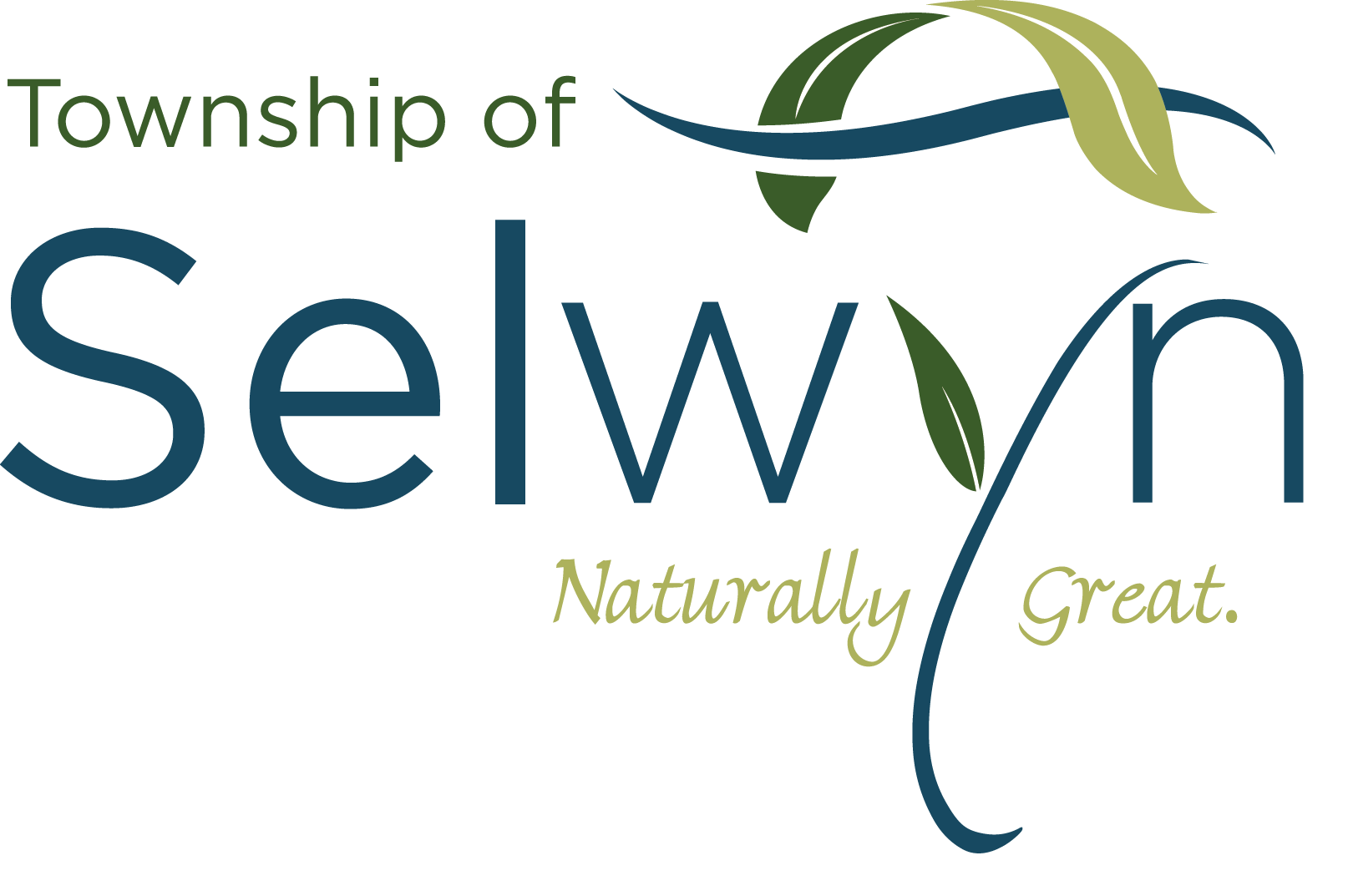Drinking water from private residences and cottages can be tested for free. Sample bottles are available at the Regional Public Health Laboratory, Peterborough Public Health, and township offices.
Water sample kits are available for pickup at the Selwyn Township Municipal Office, located at 1310 Centre Line, Selwyn, during regular business hours (Monday to Friday, 8:30 AM to 4:30 PM).
Once completed, water sample kits can be dropped off at:
- Guardian Pharmacy at 871 Ward Street, Bridgenorth
- Public Health Ontario Laboratory at 99 Hospital Drive, Peterborough between the hours of 8:00 AM and 4:30 PM.
- Peterborough Public Health at 185 King Street, Peterborough, between 8:30 AM and 4:30 PM Monday through Thursday, and from 8:30 AM to 12:00 Noon on Fridays.
